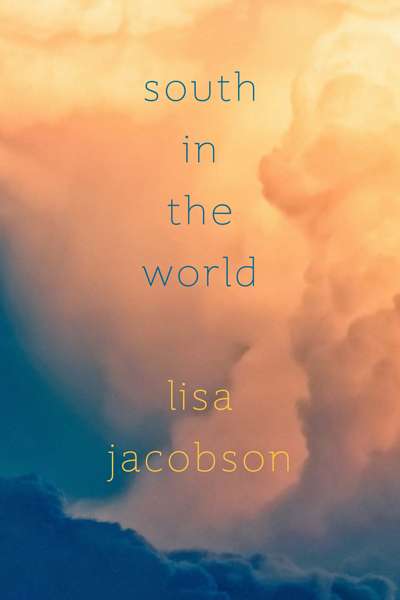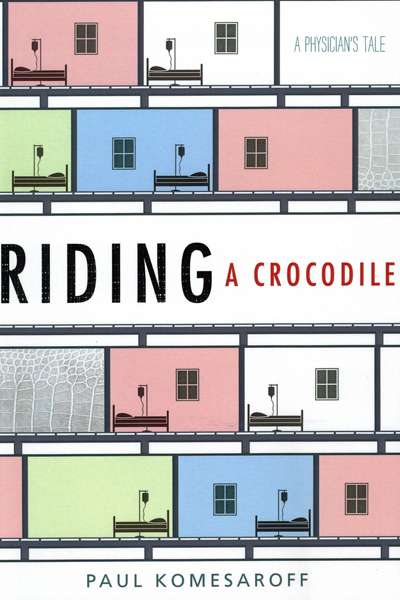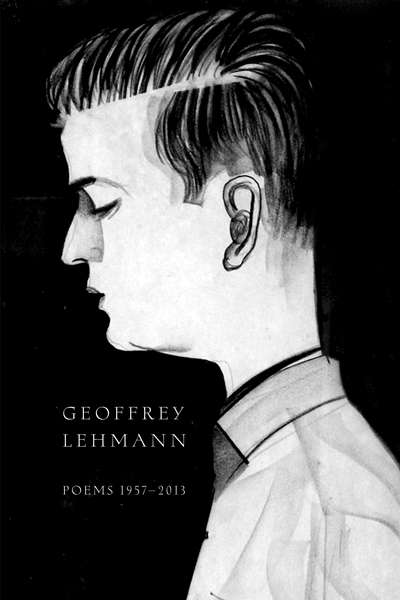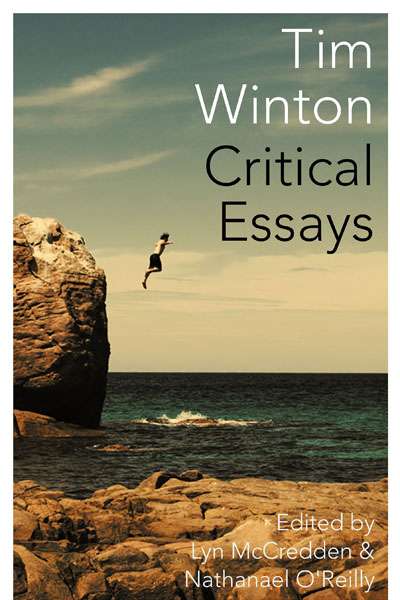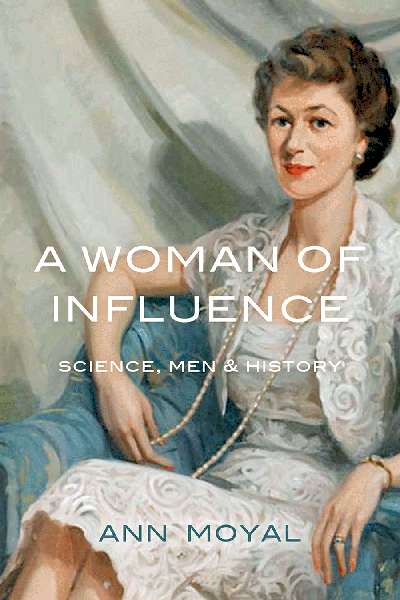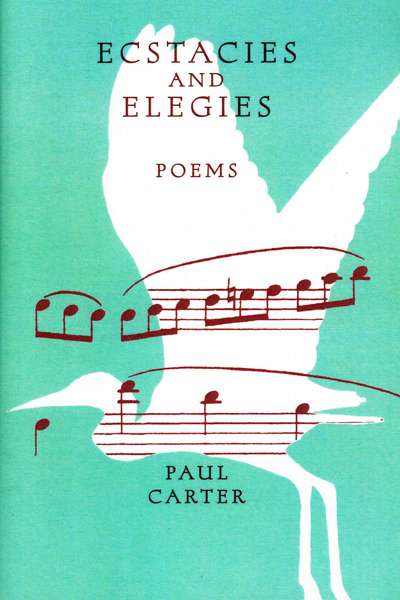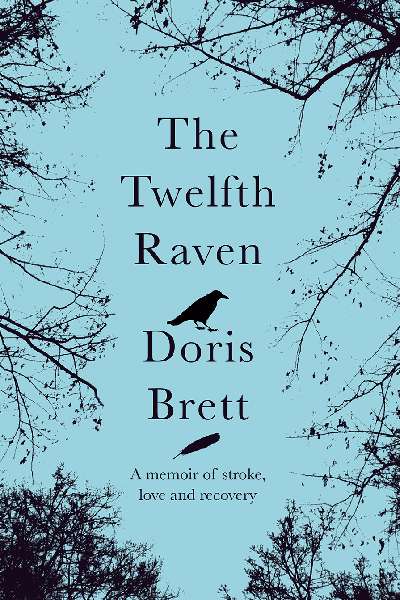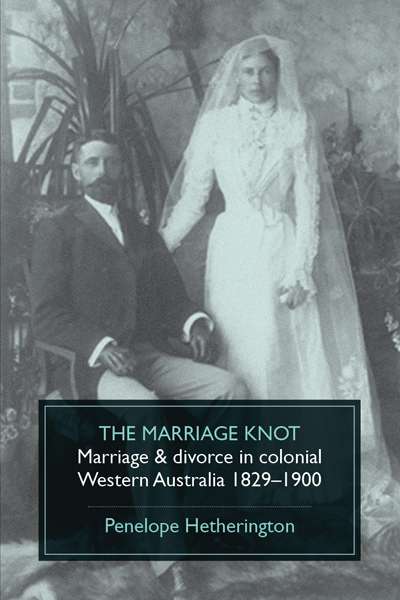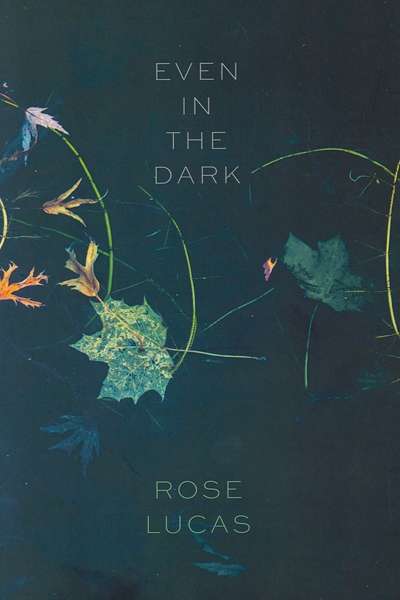UWA Publishing
Riding a Crocodile: A physician’s tale by Paul Komesaroff
by Rachel Robertson •
Tim Winton: Critical Essays edited by Lyn McCredden and Nathanael O’Reilly
by Delys Bird •
A Woman of Influence: Science, men and history by Ann Moyal
by Susan Magarey •
The Marriage Knot: Marriage and Divorce in Colonial Western Australia by Penelope Hetherington
by Anne Partlon •

